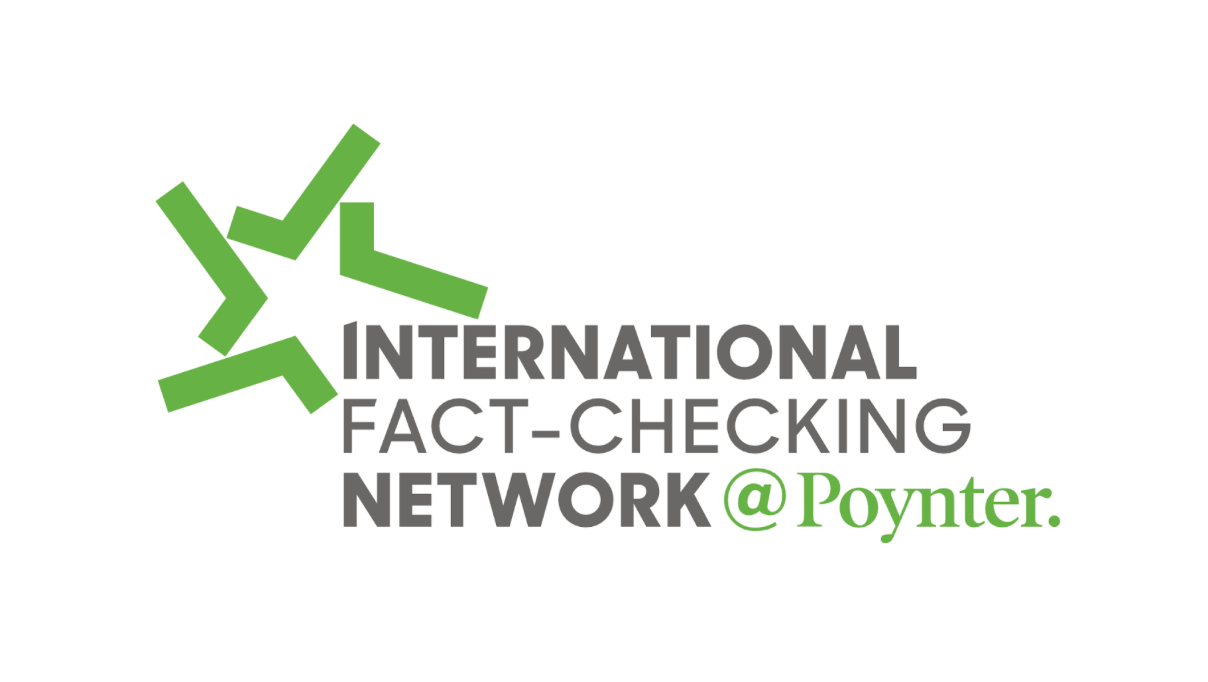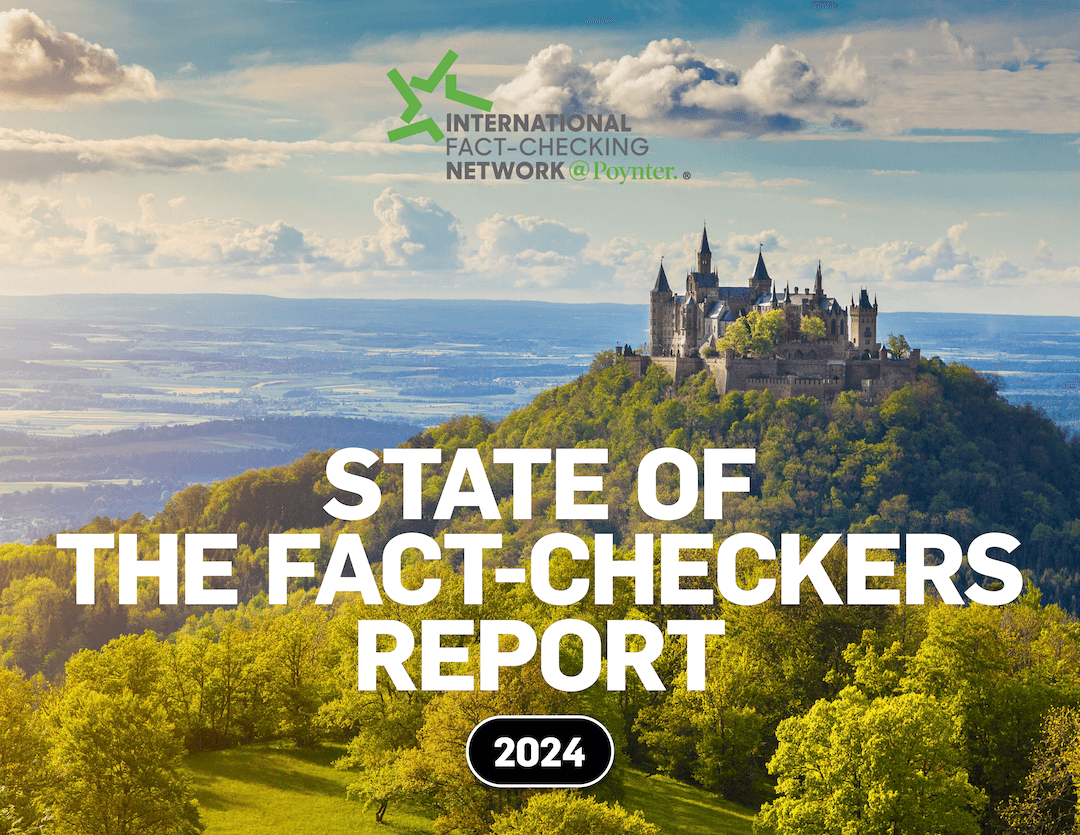When was the first time you smoked weed?
For those who’ve never indulged (or perhaps never inhaled), the question might seem too personal for an interview. But, for the millions of Americans who smoke marijuana, it could be an entrée to a host of interesting questions: Where are you from? Who’d you hang out with when you were in high school? What was your relationship with your parents like?
For Aaron Lammer, the journalist-turned-musician-turned-entrepreneur who’s one-third of Longform, the question happens to be the perfect starting point for a new podcast. Stoner, which launched today, aims to bring honest conversations about marijuana out of the basement and into your earbuds with real talk between Lammer and a procession of interesting weed smokers.
In doing so, it catches hold of an upturn in marijuana-focused media that has accompanied the wave of legalization throughout the United States. Eight states have legalized recreational marijuana use, sparking a mini-renaissance in weed-centric journalism that has captured the interest of advertisers and readers alike.
On the eve of the podcast’s debut, Poynter caught up with Lammer about his ambitions for Stoner, his assessment of marijuana-focused media and whether or not it’s a good idea to get high with your guests.
There’s been a lot of talk about the marijuana boom and the corresponding growth in journalism about marijuana. Do you think that’s here to stay?
I would say that while the boom in the weed industry is real, the boom in the media is kind of nascent. There’s no media brand right now that I would say is synonymous with the weed boom.
Not High Times?
High Times is a magazine that’s existed since the ’70s. Thinking about High Times as a sign of the weed boom would be like if you were said, “nothing says music like Rolling Stone!” High Times feels very representative of the prohibition, grow-in-your-closet era.
I think of it like technology reporting. There’s nothing like The Verge of weed today. And The Verge is distinct from, say, Wired, which was created during the first tech wave.
Do you want to be The Verge of weed?
I don’t think my ambitions are quite as grand as that. I come to it from this position: Not every detail of the weed industry is inherently interesting. There’s a whole business of people who are making an industry in weed, and there’s a lot of interesting political coverage. So, I probably wouldn’t do either of those things myself, because I think they’re pretty well mapped-out. The intricacies of state-by-state regulations is not super interesting to a general-interest consumer.
So, I’m trying to do something that’s fun if you smoke weed and are curious about it and like to hear interesting people talk about it but aren’t necessarily a hardcore activist or a person who’s actually in the weed business.
The interview podcast format seems a lot like Longform. Are you taking the skills you learned there and applying it to a different subject?
I think that’s right, but we were stealing it from Marc Maron in the first place. So, I can’t even say it was original the first time. It’s partially all I know how to do, but I’m also interested in the people, not necessarily the larger reported story. So I think it makes sense to take an approach where I let people tell their own stories.
You could’ve chosen to produce this with Pineapple Street Media [founded by Longform colleague Max Linsky], but you didn’t. Why did you go that route?
It’s produced out of the same office and the same studio, so there’s certainly some overlaps — Max was just giving me some notes on some episodes. But their plate is pretty full. I really wanted to pursue this in a way that was sustainable in the long-term, and self-sufficient. So, I’ve been trying to do it without a ton of external resources. That made it slower and harder, but it also can be exactly what I want it to be.
An interview show isn’t even interesting until the first 25 episodes, until you have an archive built up and you can go back and look at some of the ones you’re interested in.
You’re very open and direct about your own use of marijuana. Can you talk a little bit about why you decided to approach the show from the perspective of someone who’s an advocate of marijuana?
If I want anyone else to do what I do, I have to be out in front first. If I’m being skittish or not totally open about it, I can’t expect someone else to come on the show and out themselves. And I think what’s notable about this historical period for marijuana in America is these different attitudes and established norms that often diverge from state-to-state. In California, something might be totally normal that would be weird on the East Coast.
It’s an experiment for me. I’m not always 100 percent comfortable with it. If I stop doing this show, it’s still going to be on the internet forever. But at the same time, what I expect is that in a few years, it might seem crazy that that’s going to be an issue in the first place.
It’s one of those pervasive topics that doesn’t get discussed a lot in the public sphere.
Absolutely. And I think that makes it slightly harder to do a show about it, because I may have some amazing guest who almost would’ve done it, but decides not to for whatever reason. But, it’s something that people are interested in, and there’s something real at stake.
It sounds like the show is about weed, but you’re really using marijuana as a pretext to get at some deeper questions.
Yeah. Questions about identity and creativity and about why we’re public and private with different parts of our lives. Those are all interesting questions to me. Why does someone drink or not drink? Why does someone smoke weed or not smoke weed? And where does that leave them in their lives? All that stuff is fascinating to me.
Will you smoke while you record the interview?
That’s been an interesting question, and it’s something that I’m navigating on the fly. It was something I was uncertain of to begin with. I’m a firm believer in the establishment of chemistry between the host and the guest in the show, and I think that’s the greatest predictor of a good episode.
And I think smoking weed could both help and work against that. So, I’ve just been taking it on a case-by-case basis, you know? I definitely don’t want to have someone walk in and be like, “SMOKE THESE DRUGS.”
I’m not going to do that. I’m a pretty comfortable person, and I can see myself being pretty uncomfortable in that situation. So mostly, I think probably not. But, if someone walks in and starts smoking weed, I probably wouldn’t stop them.
Are there other podcasts that are devoted to marijuana?
There are two or three of them, but I would always find one and think — “Oh my god, here it is! I finally found it!” And then I would look and it would say, “The last episode was published in 2015, and there are only three episodes.” I don’t want to offend anyone, I’m sure there are [good marijuana-focused podcasts], but I haven’t heard one that’s doing this really consistently, at least for the kind of stuff that I’m interested in.
Do you want this to be the definitive podcast in this area?
I’d love it to be, yeah. I’d love it to become a unifying force in a larger movement of people who are smart, interesting, creative and engaged. People who are making art and doing interesting things and important stuff and also happen to enjoy weed.
In some ways, Stoner is a controversial term. It could be considered a negative term. But, I’m hoping that people will embrace it in the way that “nerd” has been rebranded.
Do you think you’re in the vanguard of a boom in marijuana-driven media?
Someone once described Bitcoin to me this way: Bitcoin’s growth is like a hockey stick, but we don’t know if we’re in the handle or the tip of the blade. There are people in California who tell me there are 25 things like this. They’ve said, “Don’t do this, it’s too crowded, there’s nothing unique about what you’re doing.”
But whether I’m ahead of or behind the curve is totally subjective. It just depends on where you think we are. Three or four months ago, it seemed like we were on the path to national legalization. Now Jeff Sessions is attorney general and we’re having a national discourse about marijuana that it’s slightly better than heroin. Part of the show that’s exciting to me is that I don’t really know.
Is there a business case for this?
I’m just barely getting it off the ground, so I haven’t really dealt with that yet. Is there a business case for this? It’s totally unclear to me. There’s certainly money, so you would assume that where there’s money there’s business. That said, the money is mostly regional. And it’s not totally clear how that translates to a national podcast audience. Most of the products in this space don’t really advertise much yet. Most of them don’t really have legal bank accounts. So, I really don’t know. In the long run, having a brand that’s associated with upscale marijuana users feels like a valuable piece of real estate to me. And I can dedicate a year of my life to try it out and see if it works.
Last question: Would you have Jeff Sessions on?
I would love to.






